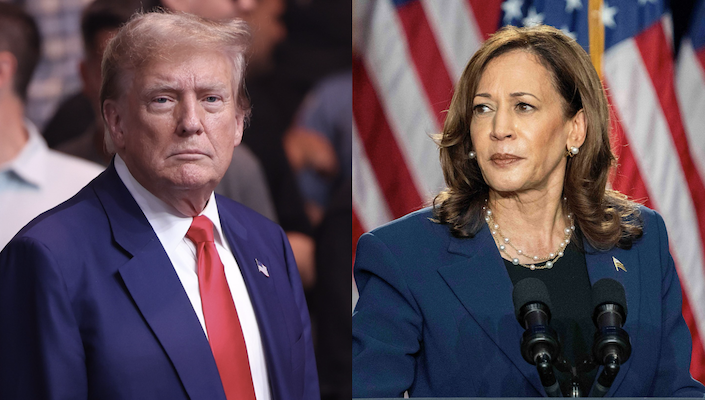The 2024 U.S. presidential election has boiled down to several swing states again in the spotlight. Historically, states like Pennsylvania, Michigan, Wisconsin, Georgia, and Arizona have played a key role in determining election outcomes. This year, we live in a charged environment where every vote is under scrutiny.
One major point of discussion has been the restriction of mail-in voting policies. Following the 2020 election, many swing states revised their voting laws to restrict mail-in and early voting options. In Georgia and Arizona, legislators enacted stricter regulations, arguing that these new measures would minimize potential fraud. Since enactment, these laws have been challenged in court by advocacy groups who claim they disproportionately affect minority and low-income voters.
Another area of dispute revolves around the certification of election results. In several swing states, election officials have been pressured to delay result certification if the outcome is close. This is particularly significant in states where narrow margins of victory could trigger recounts or additional legal scrutiny. In Pennsylvania, for example, lawsuits have already been filed challenging the counting process, fueling the partisan debate.
Advertisement
Social media has also amplified these controversies, as misinformation and targeted campaigns have influenced voters’ perceptions of the election process. Various fact-checking organizations have ramped up efforts to counter false claims but with varying levels of success.
With voter confidence at stake, the integrity of the election in swing states will continue to be a focal point for both parties and the public as we count down the election’s final days.

